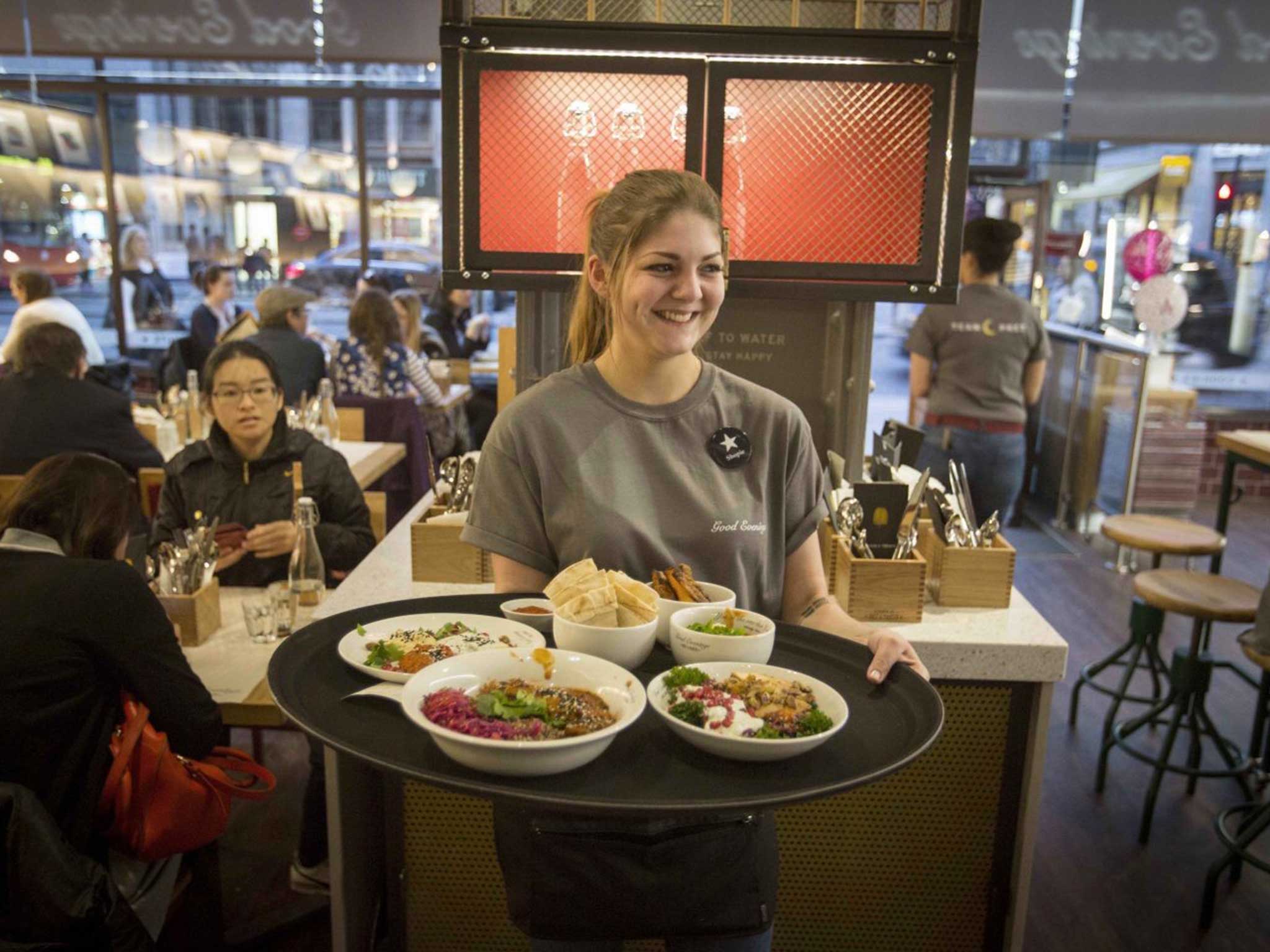UK hospitality sector set to overtake manufacturing in 'march of the waiters'
ONS figures show George Oborne's attempt to create a 'march of the makers' failed to halt the decline of engineering and heavy industry

UK manufacturing has declined to such an extent that it is now neck and neck in employment figures with bar, hotel and restaurant jobs.
Despite news of Nissan’s continuing investment in Sunderland, by the end of 2016 hospitality may provide more jobs than manufacturing, according to an analysis of figures from the Office of National Statistics by the Fabian Society.
The UK manufacturing sector has been in decline for several decades, falling to four million jobs by 2000.
But from 2000 to 2015 this fell to just 2.5 million. In the same period the hospitality sector rose by 22 per cent, from 1.8 million to 2.2 million, meaning both sectors, by the end of last year, provided around 7 per cent of the total employment.
By the time figures for 2016 are available, they could show that Britain’s manufacturing base has been overtaken by what is traditionally the lowest paid, most insecure sector.
According to Cameron Tait, who is head of the Changing Work Centre at the Fabian Society: “In 2011 George Osborne, then Chancellor of the Exchequer, called for a new ‘march of the makers’ and a revival of British manufacturing.
"However, this turnaround did not materialise and manufacturing jobs continued to decline. Instead, we have seen a rise of high skilled jobs in sectors like professional services and in low-skilled jobs in sectors like hospitality."
He added: “This crossover runs to the core of Britain’s job quality problem and represents a key milestone in the ‘lovely and lousy’ jobs trend.
"Manufacturing jobs once offered progression, security and a decent wage. Bar, waiting and hotel jobs, however, tend to be low paid and employees are less likely to have job security or control over their shift patterns.
"It is therefore easy to understand why George Osborne wanted to trigger a march of the makers. However, the jobs data shows it is the waiters, rather than the makers, who are on the march in modern Britain.”
Join our commenting forum
Join thought-provoking conversations, follow other Independent readers and see their replies
Comments
Bookmark popover
Removed from bookmarks